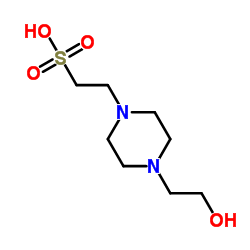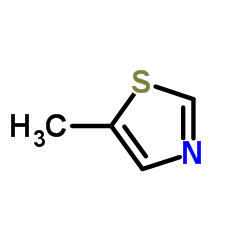| 结构式 | 名称/CAS号 | 全部文献 |
|---|---|---|
 |
4-羟乙基哌嗪乙磺酸
CAS:7365-45-9 |
|
 |
5-甲基噻唑
CAS:3581-89-3 |
| 结构式 | 名称/CAS号 | 全部文献 |
|---|---|---|
 |
4-羟乙基哌嗪乙磺酸
CAS:7365-45-9 |
|
 |
5-甲基噻唑
CAS:3581-89-3 |